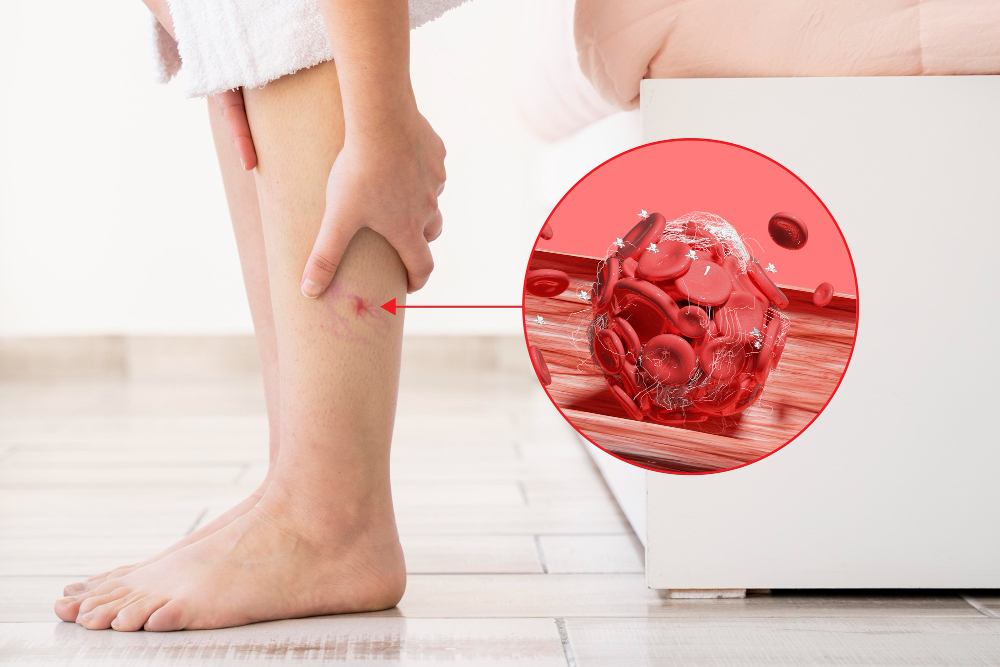Menu
- Home
- Treatments
- Our Providers
- About Us
- Patient Info
- Testimonials
- Locations
- Blog
- Financing
- Contact Us
- Home
- Treatments
- Our Providers
- About Us
- Patient Info
- Testimonials
- Locations
- Blog
- Financing
- Contact Us

When it comes to varicose veins, there's no shortage of myths and misconceptions. Often seen as a mere cosmetic issue, the reality of varicose veins is far more detailed. At National Vascular Associates, we understand how these misconceptions can lead to confusion and anxiety. We're here to set the record straight, offering insights that cut through the common fallacies surrounding this condition. Whether you're dealing with varicose veins or just curious, keep reading for information that can help.

A widespread belief is that only overweight individuals suffer from varicose veins. However, this is a misconception. Slender individuals can also experience varicose veins, debunking the notion that it's a condition exclusive to a certain body type. Occupations that require prolonged standing, such as nursing or retail, can increase the risk of varicose veins, irrespective of a person's weight. Factors like genetics, age, and hormonal changes play a major role in their development. It's important to remember that vein health is complex and influenced by multiple factors, not just body weight. While maintaining a healthy weight might help reduce the risk, it's not a guaranteed protection against varicose veins. This myth often prevents people of all sizes from seeking the necessary vascular treatment, leading to unnecessary suffering and progression of the condition. It's essential to approach vein health holistically, considering all potential risk factors.
Another common myth is that regularly wearing high heels leads to varicose veins. While high heels can contribute to leg discomfort and circulatory issues, they are not a direct cause of varicose veins. The development of these veins is more closely linked to factors such as genetics, prolonged standing or sitting, and hormonal influences. Comfortable footwear can certainly support vein health, but it's not a foolproof prevention method. It's important to understand that while lifestyle choices can impact vein health, they are not the sole cause of varicose veins. Regular exercise and proper leg elevation are also vital in maintaining good vein health.
While it's true that varicose veins can cause discomfort or pain in some individuals, many people with varicose veins experience no pain at all. Symptoms vary widely and can include feelings of heaviness, itching, or swelling, but pain is not a guaranteed symptom. This misconception can lead to a delay in seeking vascular treatment, as some individuals believe that no pain means no problem, which is not the case. Early intervention may prevent complications and improve overall vein health, even in the absence of pain.
Varicose veins are a complex condition wrapped in myths and misunderstandings. At National Vascular Associates, we're committed to providing our patients with accurate information and high-quality care. Whether you're experiencing discomfort or concerned about the appearance of varicose veins, we're here to offer quality solutions. Don't let misconceptions hold you back from seeking the treatment you deserve. Contact our office for more details or to schedule an appointment with an experienced vascular doctor in your area.